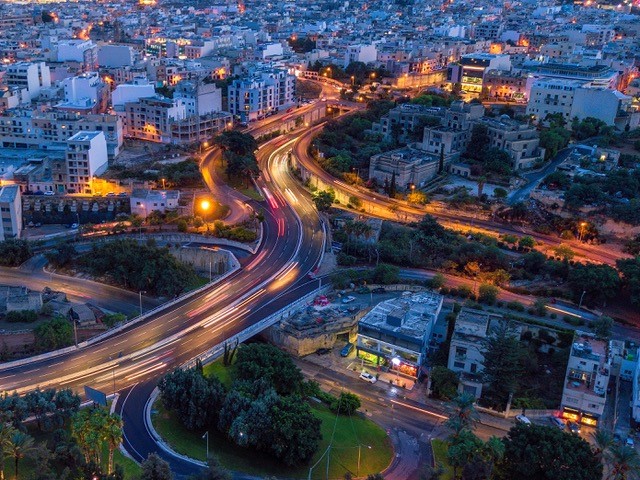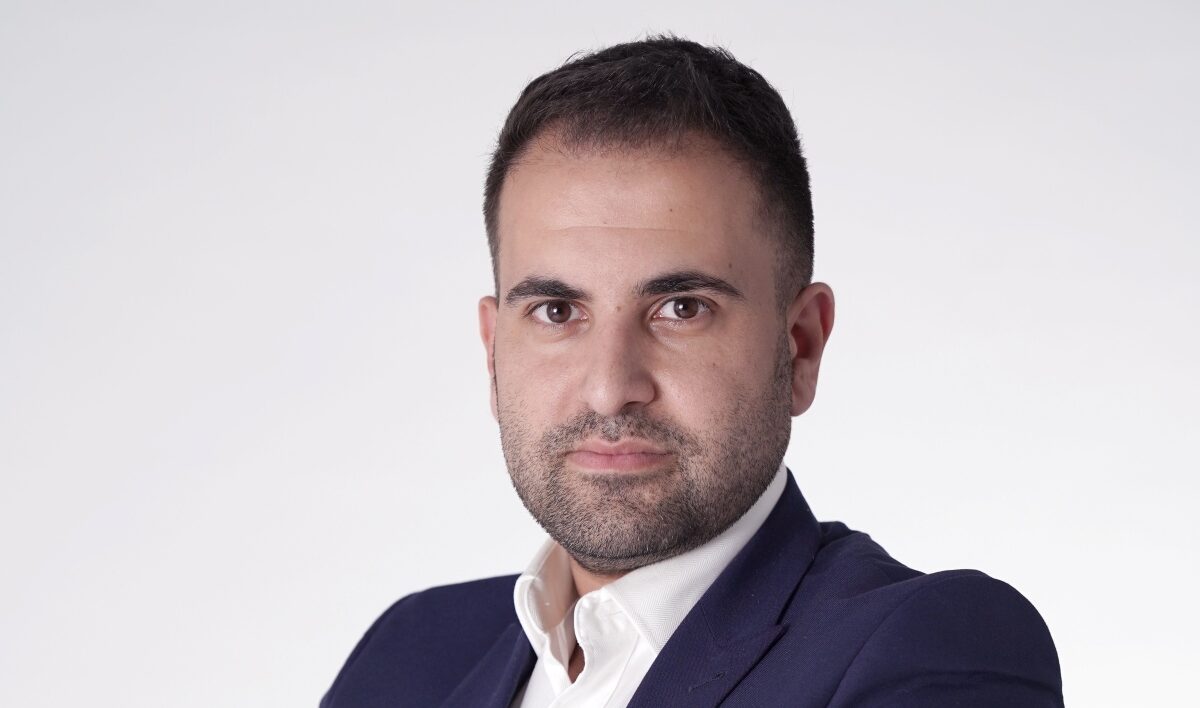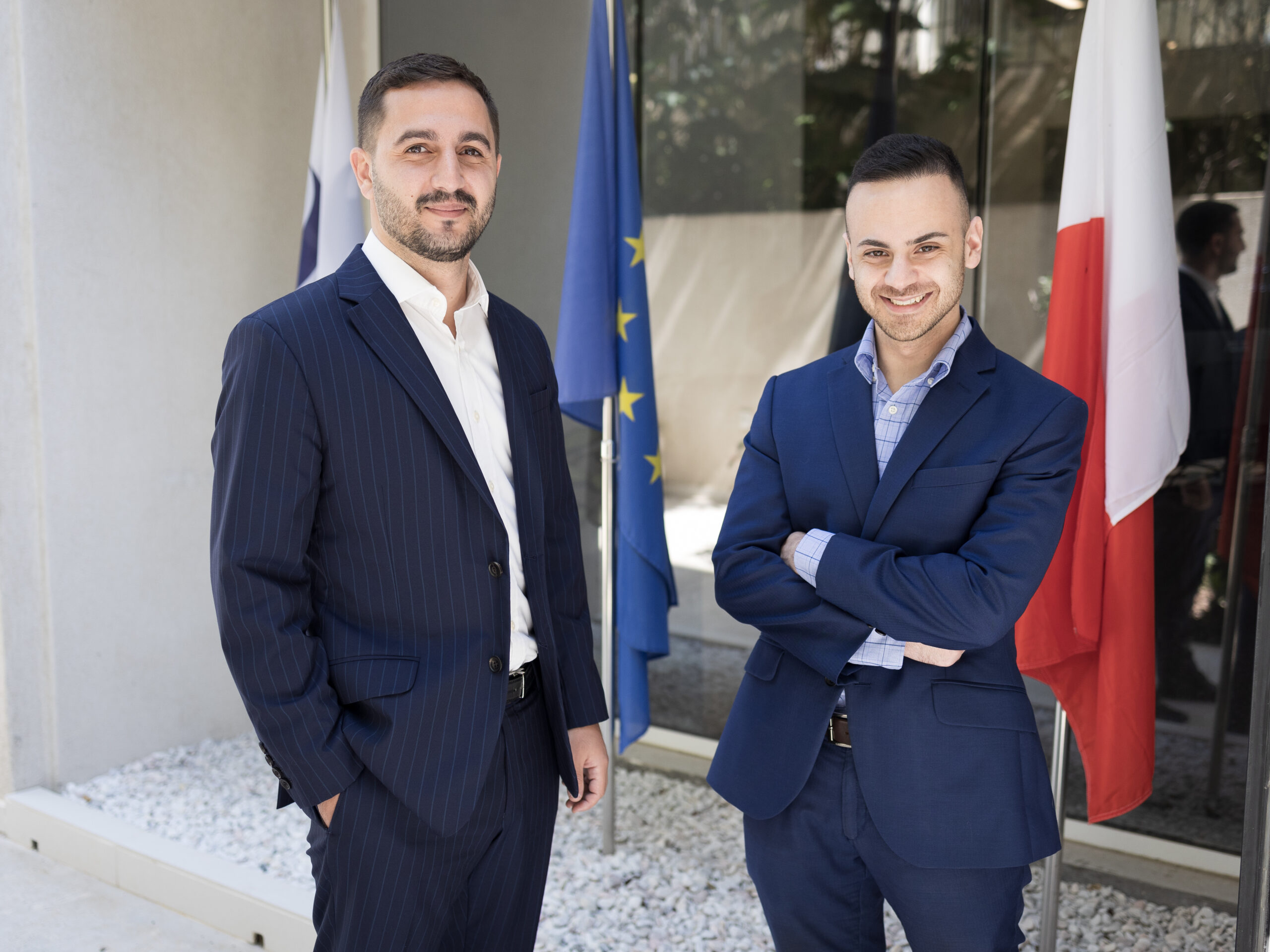Released in early June, coverage of the Malta Gaming Authority (MGA) annual report for 2022 mostly focused on the regulator’s enforcement and compliance actions, and the amount of fees it collected in the process.
The extensive report however also provides the authority’s overview of the industry in general, and where it expects it to go after receiving feedback from operators on the ground.
The MGA shared that in 2022, the iGaming industry “sustained its contribution” towards the country’s economic growth “in the context of headwinds” coming from geopolitical tensions limiting post-COVID recovery, and an intensification of regulatory developments across several jurisdictions.
Read how Malta is challenging some of those regulatory developments here
“The latter impacted the industry’s overall activity in Malta, but the growth in the value added to the sector progressed at a steady pace. The total Gross Value Added (GVA) generated by the gaming industry during 2022 stood at €1,495 million, representing around 9.6 per cent of the economy’s GVA,” the MGA noted while citing National Statistics Office figures.
Factoring in “indirect effects”, the MGA posited that the industry’s contribution to economic value-added amounts to just over 12.4 per cent.
The gaming industry is estimated to have registered a value growth added equal to 5.8 per cent compared to 2021, NSO figures show. Furthermore, it is estimated that by the end of December 2022, 11,245 persons were employed with MGA-licensed companies on activities covered by the Authority’s licence, with 92.2 per cent of these employees engaged in the online sector.
Factoring in the employment generated by activities in or associated with the gaming industry, the total employment in the gaming sector in Malta at the end of 2022 is estimated to be 15,774, representing approximately 5.5 per cent of the total workforce, the MGA noted while again citing NSO figures.
“These indirect activities include Full Time Equivalents who were working in Malta either on the activities licensed by another jurisdiction, with MGA-licensed firms, or that are employed with companies which service the gaming industry, such as Law Firms, Consultancy Firms, Audit Firms, Data Centres, Translators, Software/IT Companies and Gaming Platforms.”
Industry Outlook
Following the growth of the industry in terms of value added and employment despite challenges, the MGA shared positive expectations by online gaming operators surveyed.
Around 65 per cent of operators that submitted a valid response expect gaming revenue to increase in 2023, increasing to 74 per cent when including expectations for 2024. While numbers have not been provided as to the number valid responses received, Malta is widely acknowledged as a major hub for online gaming operators, hosting some of the biggest names in the business.
The MGA also shared that there are also positive expectations for employment, such that 59 per cent to 60 per cent of operators that provided a valid response indicated that they expect employment within the gaming industry to increase from 2023 to 2024.
“Nevertheless, most operators also expect a surge in the costs incurred by the industry. Most operators expect to increase costs, including legal and professional expenses and marketing costs. Several operators have continued to engage in mergers and acquisitions to avert such cost pressures and consolidate their performance during 2022.
“The increased regulatory and compliance requirements resulting from the wave of national regulation sweeping across Europe and beyond are also likely to contribute to higher consolidation in the industry. “
Finally, a lack of harmonisation in the gaming regulatory landscape has limited the markets available to B2C casino and sportsbook operators.
“This implies that while markets can be accessed, operators would require a licence specifically from the jurisdiction concerned. From a cost perspective, this also forces companies to strengthen their compliance teams, which continues to pressure their margins”.
The MGA went on to cite incoming changes to the international corporate tax framework, whereby global minimum taxation is set to be introduced in 2024.
Large international groups of companies with a combined annual turnover of more than €750 million are subject to a minimum income tax of 15 per cent from 2024.
“Given that the tax reform is applied globally, the responsiveness of gaming operators in terms of possible relocations to other jurisdictions is projected to be limited.
“Nevertheless, the MGA has intensified its efforts, together with other national stakeholders, to ensure that a sustainable strategy for the gaming sector is in place to mitigate any potential difficulties and ultimately safeguard Malta’s competitiveness as a jurisdiction.”
Continue Reading
CasinoBonusesFinder: A fresh look at bonus finding in 2025
Since 2010, online platform CasinoBonusesFinder has helped players answer one essential question: Which casino bonus is truly worth my time?
Maintaining Malta’s edge in iGaming – CLA Malta weighs in
As emerging jurisdictions challenge Malta's iGaming dominance, CLA Malta’s experts outline the critical success factors
Malta among EU states cited in Germany’s black market gambling report
Malta, home to one of Europe’s largest iGaming sectors, was cited in a report’s data table
Gambling and financial regulators team up for closer cooperation
The MGA and MFSA have signed an MoU, designed to deepen their longstanding collaboration








